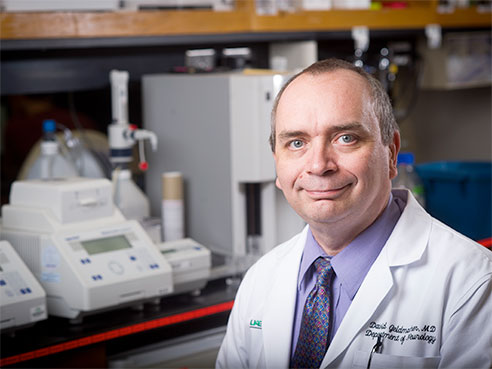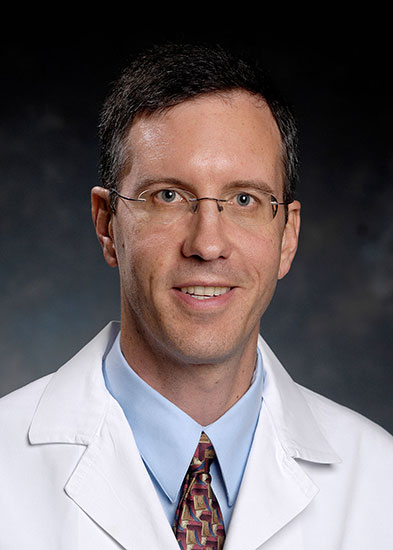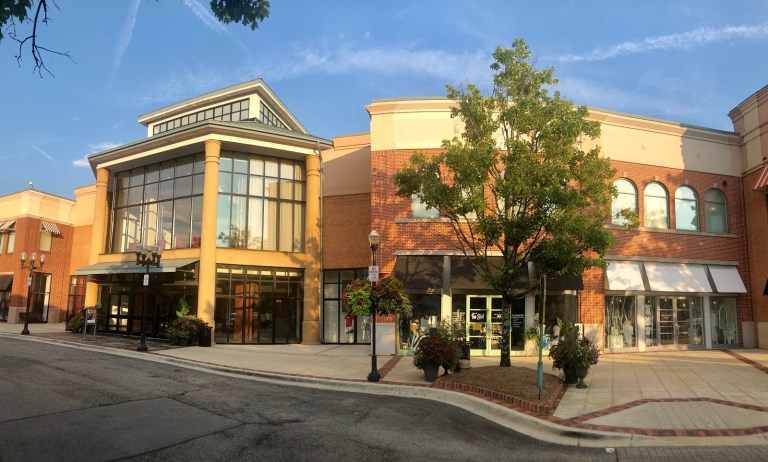UAB begins to focus on preventing, rather than curing, Alzheimer’s disease
Reading time: 2 minutes

More than a century has passed since Alois Alzheimer first identified Alzheimer’s disease. We are still far away from a true cure for the fatal condition, though scientists make progress every day. The University of Alabama at Birmingham, however, wants to find more than just a cure. Finding a cure still means having to diagnose people with Alzheimer’s. That’s where Neurology Chair David Geldmacher, M.D. and Erik Roberson, M.D., Ph.D, want to make a change.
Predict and Prevent

Both doctors research ways to better predict the onset of Alzheimer’s, such as PET scans, cholesterol, blood pressure, and genetic sequencing. After prediction comes a more difficult decision: choosing how to reduce risk. Methods for reducing risk such as drinking a glass of wine and cup of coffee every day are fairly well known. But as medicine progresses, much of that might become unnecessary (though still tasty). UAB is actively involved in the A4, EARLY, DIAN-TU, and EMERGE studies. Each of these studies attempts to reduce the prevalence of amyloids in the brain through medication.

FDA drug approval takes a notoriously, and justifiably, long time. These medications may not be available to the more than 5 million Americans with Alzheimer’s for years. But thanks in part to doctors like Erik Roberson and David Geldmacher, Alzheimer’s disease could die off within two centuries of its discovery.



